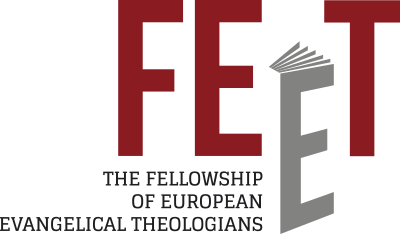The Unsettled Legacy of John Paul II
Karol Wojtyła (1920–2005), from better known as Pope John Paul II, was one of the most influential men of the twentieth century. The centenary of his birth is a useful opportunity to reflect on his legacy. His life was at the centre of the major affairs of the twentieth century: the tragedy of Nazism and the trauma of the Second World War, the apex and fall of Communism, the Second Vatican Council and its debated implementation, the apparent triumph of Western democracy and the oppressive costs of globalization for the Majority World, the fracture of ideologies and the rise of secular hedonism. Supporters have acclaimed his achievements in terms of navigating the dangerous streams of our post-something world. Critics have pointed out the double-faced, contradictory trajectory of his life and his very backward-looking Catholic outlook.
One astonishing feature was his Marian devotion. He believed the so-called secrets of Fatima, in which Mary played a decisive role, deviating the bullet when the Pope was shot in 1981 by the terrorist Ali Ağca. Apparently, the Pope considered Mary a major player in world affairs, both earthly and cosmic, both material and spiritual. For this reason he was able to dedicate planet earth to her at the beginning of the new millennium, pleading for protection and guidance all the while. Moreover, his personal motto was totus tuus, totally yours, with “yours” referring to Mary.
His legacy is therefore difficult to square with the “Christ-centred” focus that some would want to see in it. John Paul II embodied a full Roman-Catholic mind set, apparently strong on every aspect of the Roman Catholic identity. He was very “Roman” and very “Catholic” at the same time.

